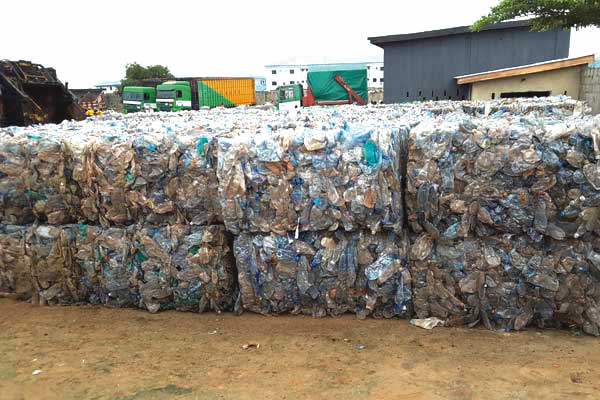The Pan-African Manufacturers Association (PAMA) has voiced its concerns regarding the increasing trend of outright bans on single-use plastics (SUPs) across Africa. While acknowledging the environmental rationale behind these policies, PAMA argues that the rapid and sweeping nature of these bans poses a significant threat to the continent’s nascent manufacturing sector, particularly impacting small and medium-sized enterprises (SMEs). They advocate for a more nuanced approach prioritizing recycling and circular economy strategies over outright prohibitions, highlighting the potential of plastic waste as a valuable resource for economic development. PAMA believes a sustainable solution lies in fostering a robust recycling industry, creating jobs, and driving innovation, rather than imposing abrupt bans that could cripple local businesses.
PAMA’s position paper, “Africa’s Race to Plastic Ban: An Environmental Necessity or Threat to Local Manufacturing?” cites examples of previous bans in Kenya and Rwanda, where the sudden shift led to business closures and job losses. They argue that these experiences highlight the need for a more measured approach, with careful consideration given to the economic impact on local manufacturers. Specifically, the closure of numerous plastic producers in Kenya following the 2017 ban on plastic bags serves as a cautionary tale, demonstrating the potential for devastating consequences when bans are implemented without adequate support for affected businesses. The lack of affordable biodegradable alternatives further exacerbates the challenges faced by SMEs, making a complete transition away from SUPs difficult and costly.
In Nigeria, both the federal government and Lagos State have initiated steps towards restricting SUPs, creating uncertainty within the manufacturing sector. PAMA expresses concern over the lack of clear transition timelines and supportive measures, which leaves local manufacturers vulnerable. The association warns that the ban on SUPs, without viable, affordable alternatives readily available, could trigger factory closures, job losses, and capital flight, ultimately hindering the growth of the manufacturing sector. They emphasize the necessity of a balanced, industry-sensitive approach that takes into account the particular challenges faced by African businesses and provides them with the support needed to adapt.
PAMA proposes a shift in perspective, advocating for viewing plastic waste not as an environmental burden but as a valuable resource. They urge African policymakers to invest in developing comprehensive recycling infrastructure, providing incentives for the adoption of biodegradable alternatives, and harmonizing regulations across borders to create a unified approach to plastic waste management. This integrated strategy, according to PAMA, can transform the challenge of plastic waste into an opportunity for economic growth, job creation, and regional integration. By promoting a circular economy model, Africa can address environmental concerns while simultaneously fostering industrial development and innovation.
The organization points to successful models like WeCyclers in Nigeria and EcoPost in Kenya, which have demonstrated the viability of plastic recycling as a sustainable and economically beneficial venture. These examples showcase how recycling can not only protect the environment but also generate employment and foster innovation. PAMA emphasizes that recycling should be viewed not just as an environmental initiative but also as a crucial element of industrial policy, contributing to job creation and regional integration. By investing in recycling infrastructure and promoting these successful models, Africa can pave the way for a green industrial revolution.
PAMA calls on the African Continental Free Trade Area (AfCFTA) to play a key role in harmonizing regulations related to plastic waste management and facilitating the development of a digital platform connecting recyclers, collectors, and manufacturers. This platform would streamline operations, reduce trade friction, and promote cross-border collaboration within the recycling sector. They also stress the importance of phased implementation of bans, clear timelines, stakeholder consultations, and public incentives for manufacturers willing to transition to more sustainable practices. PAMA believes that environmental protection and industrial growth are not mutually exclusive goals and that Africa can achieve both through a carefully crafted policy mix that supports both environmental sustainability and economic development. The association has expressed its commitment to collaborating with governments and stakeholders to ensure that environmental action does not compromise Africa’s industrial ambitions.














